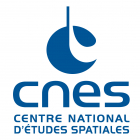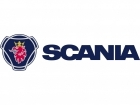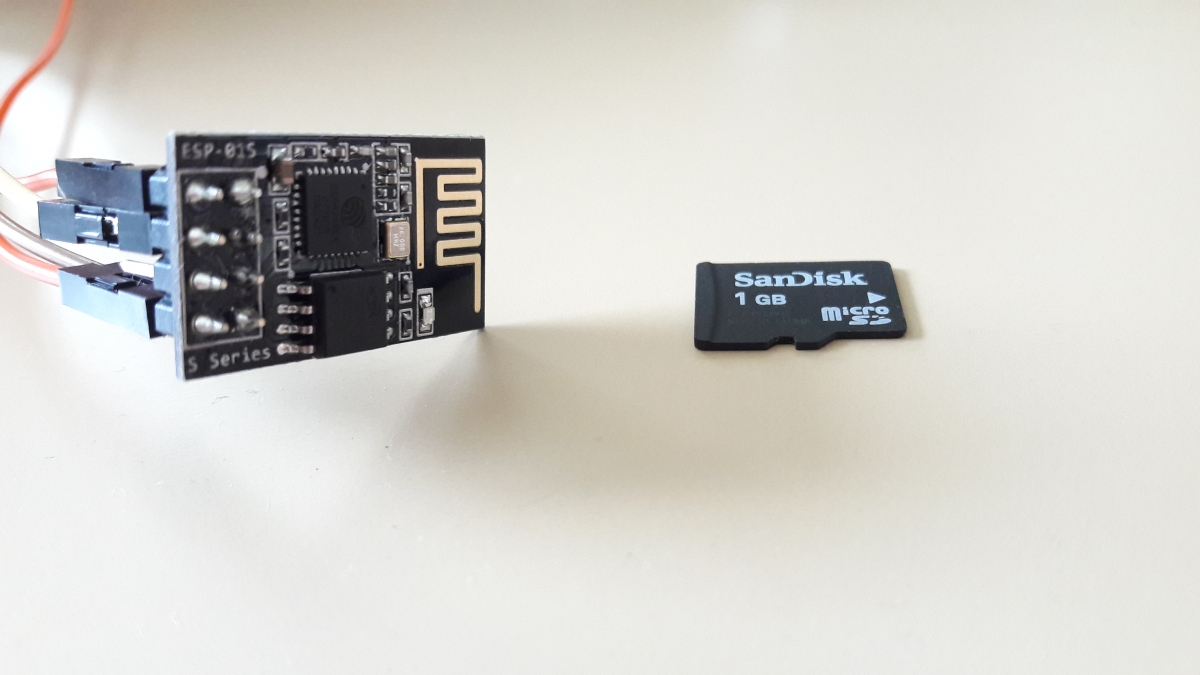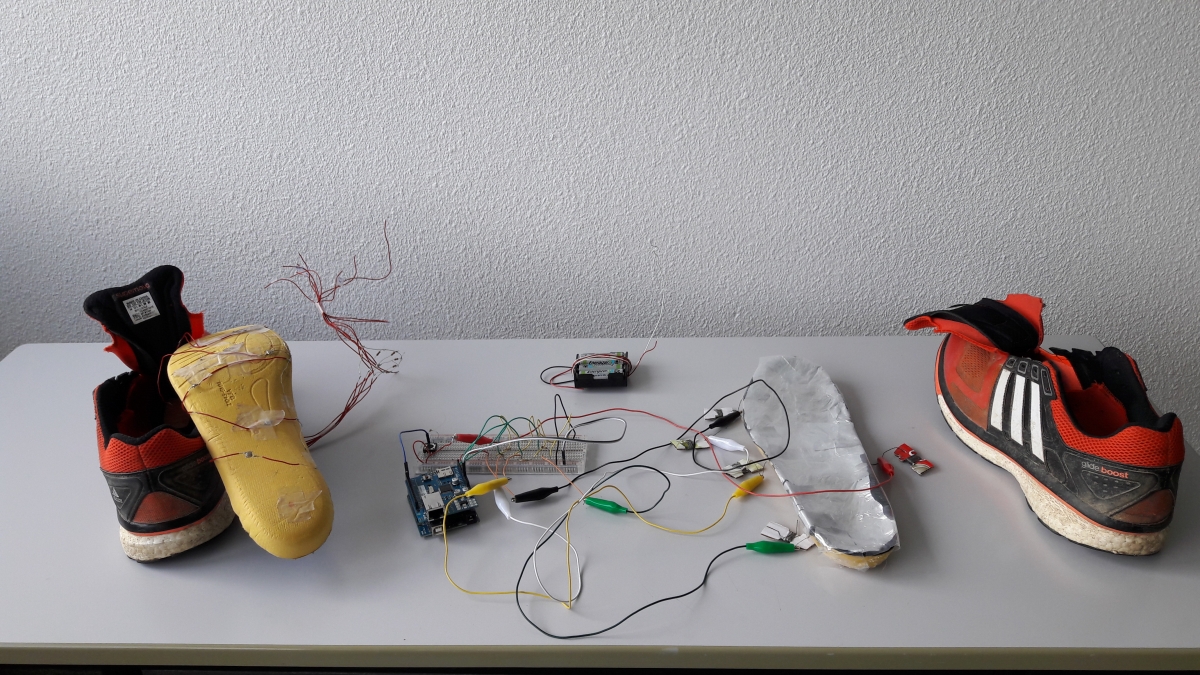Théo Serru
PhD Student in Dependability and Cybersecurity
Dependability
Cybersecurity
Research
Formal Methods
I am a PhD Student in Dependability and Cybersecurity for Cyber-Physical Systems at ETIS laboratory, team CELL, cofinanced by APSYS.
Dependability engineer graduated from Polytech Angers
Dependability engineer graduated from Polytech Angers
26 years old
Driving License
Pontoise (95300) France
Experiences
PhD in Safety and Cybersecurity of Cyber-Physical Systems
ETIS Laboratory
Since October 2020

- This PhD is conducted in the team CELL of the laboratory ETIS ans is cofinanced by APSYS.
- Failures of safety-critical embedded systems used in industries such as aeronautics, automotive, railway or nuclear can lead to catastrophic consequences. These complex systems, also known as Cyber-Physical Systems (CPS), also have to deal with cyber-attacks, which cause serious dysfunctions and undermine the security of such systems. The relationships between security and safety are thus at the heart of the current concerns of specialists in the field of complex embedded systems. In fact, one can no longer consider designing safe systems without ensuring they also secured. A vulnerability may compromise the functional safety of an autonomous car; on the other hand, a safety constraint such as the introduction of redundant components or diagnostic ports can increase the attack surface of such a system.
- To study of the links between safety and security, our proposal builds upon the idea of extending the different mechanisms present in AltaRica, a formal language dedicated to the safety analysis of complex systems, in order to model and verify security properties. This is a "secured by design" approach, as it operates right from the design phase of the system, which, we believe, will reduce the development costs and prevent future errors.
Research Internship: Modeling and evaluation of UAS fallout in the presence of failures
ONERA
March 2020
to July 2020

- Definition of new methods of evaluating UAV fallout probabilities.
- Appropriation of AltaRica language and Cecilia Workshop tool.
- Use of Monte Carlo and variance reduction (Importance Sampling) methods.
- Bibliographic search on:
- methods and tools for the evaluation of UAS dependability.
- regulations on UAS safety and dependability.
- failure data on UASs' components.
- methods and tools for the evaluation of UAS dependability.
- Interfacing of several tools with Python to provide a sound probability of lethal impact of the drone.
- Evaluation of the method on a fixed wing aircraft built in ONERA.
- Publication of an article in ESREL 2021 (to be published).
Project: Reliability of COTS for the space demonstrator Callipso (20 days)
CNES
September 2019
to March 2020

- Identification of the reliability of an COTS onboard computer.
- Failures caracterization
- Risk analysis
- Bibliographic search on COTS reliability analysis
- Design of Reliability demonstration testing, accelerated testing and Bayesian testing
Research internship: Validation of K6 2.0 safety knowledge basis
EDF
May 2019
to August 2019

- Help to the developpement and validation of a Model Based Safety Assessment tool.
- Enrichment and validation of the knowledge basis (FIGARO language).
- Test models, documentation (30 pages) on the validation.
- Participation at the benchmark: "A Benchmark on Reliability of Complex Discrete Systems : Emergency Power Supply of a Nuclear Power Plant" launched by Marc Bouissou for the "Institut pour la maîtrise des risques" in March 2017.
School Ambassador
Montre Ton ISTIA
September 2017
to September 2018

- Actor of the school's communication at forums and High Schools visits.
Sports coach
Décathlon les Ponts de Cé
Since September 2017

- Oversaw and organised sport activities
- Supervised groups and managed conflicts.
C# programming internship
University of Hull
May 2018
to July 2018
Internship
Kingston Upon Hull
United Kingdom

- Creation of a meeting program in C# for the University.
- State of art on the norm ISO26262 and ASILs optimisation
- Deepening of English
Line worker intern
Scania
June 2017
to July 2017

- Prepared truck parts for the assembly line.
- Understood what the difficulties and issues of an operator are.
Skills
Dependability
- Dependability methods
- Risk analysis (FMECA, PRA, Fault Trees…)
- Operational and previsional reliability
- Model Based Safety Assessment
- Reliability testing
- Functional and dysfunctional modeling(Markov, Petri nets)
Languages
- French: native
- English: TOEIC 980
- Spanish: B1/B2
Cybersecurity
- Basic cybersecurity knowlege
- Attack mechanism
- Modeling of Cybersecurity properties
Tools/Methods
- MBSA tools: KB3, Figaro IDE, AltaRica Wizard, GRIF, Cecilia, Simfia Neo
- Languages: C, C#, FIGARO, VBA, Python, AltaRica
- Regulations: ISO 26262, CMMi, CoBIT, DO-178 C, SORA
- Formal Methods: Markov, Petri, RBD, Trees, Graphs
Education
Engineering course
Polytech Angers
September 2015
to July 2020
Graduated from Polytech Angers in Reliability and Dependability engineering.
Scientific Diploma
Lycée Douanier Rousseau
2012
to 2014
High school diploma in Science with honours.
Portfolio
Wifi module
This module was used to send the data of the shoes to a smartphone in order to process the data and store it after the run.
Prototypes
With a partner, we created a pair of connected shoes.
The goal was to know which strength was applied to which part of the shoe when you are running. Then we were able to know if someone was running in a convenient of dangerous way.
It required skills in Electronics, Electricity and Soldering. Also in Aduino programming and Data Processing
The goal was to know which strength was applied to which part of the shoe when you are running. Then we were able to know if someone was running in a convenient of dangerous way.
It required skills in Electronics, Electricity and Soldering. Also in Aduino programming and Data Processing
Interests
Climate change
- Concerned about climate change
- Volonteer in associations related to respect of environment and fights for climate change
Astronomy
- Passionate about space discoveries and exploration.
Sports
- Cycling
- Badminton
- Team sports
- Basketball


 Download
Download